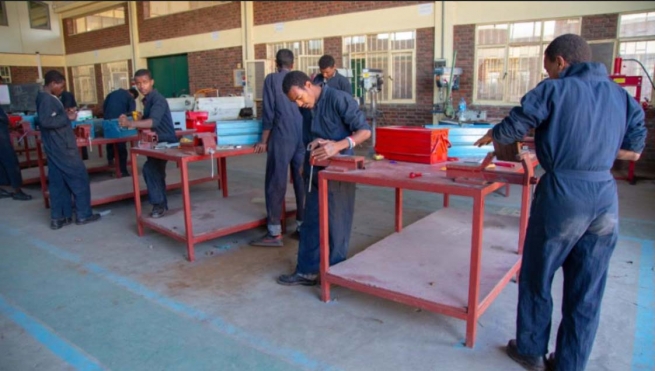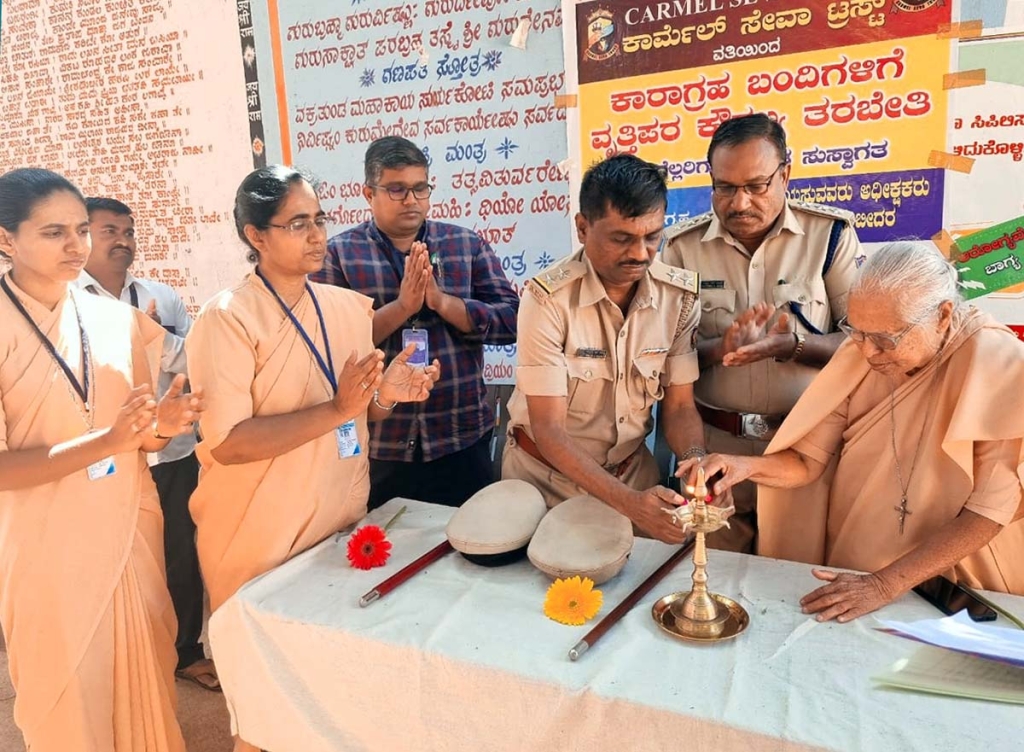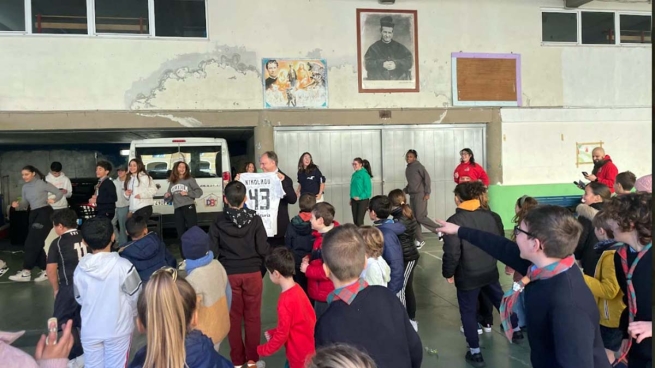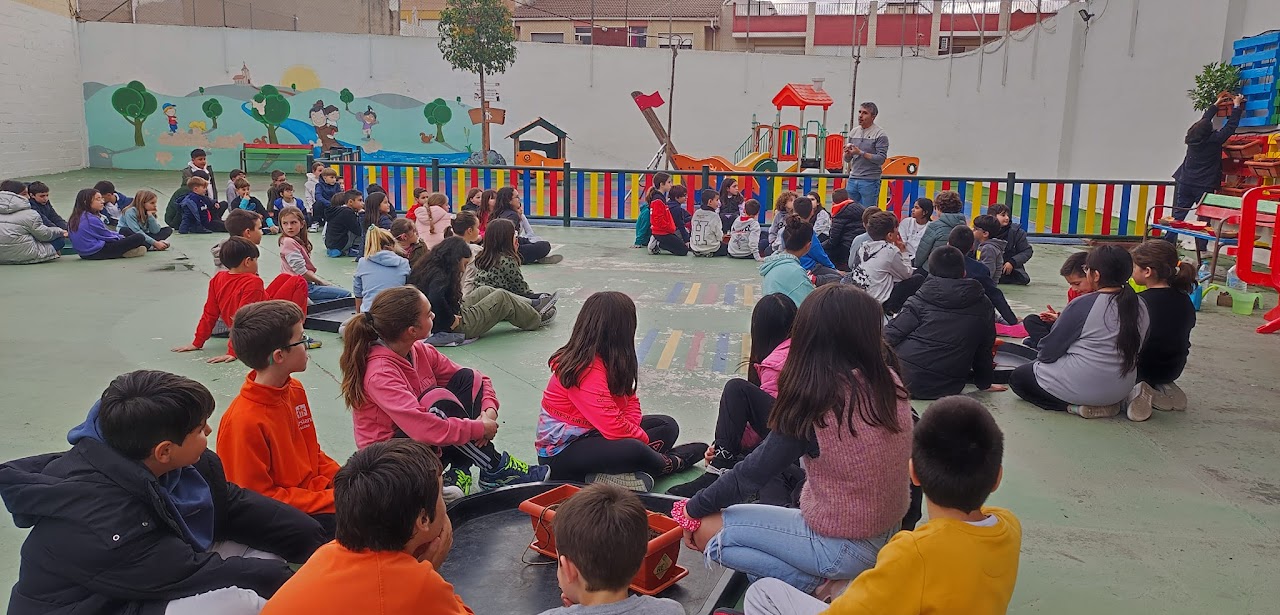ITALY: More than 18,000 youth have accessed vocational training and remain in their home county thanks to Salesian Stop Human Trafficking campaign

(MissionNewswire) The Salesian Stop Human Trafficking campaign was launched in October 2015 by Salesian missionaries in Italy and raises awareness of the dangers of youth migration. With a focus on youth leaving countries in Africa in search of a better life in Europe, the campaign aims to prevent young migrants from becoming victims of crime and exploitation. The campaign is part of an initiative promoted by the Salesian-run International Voluntary Service for Development (VIS) and the Don Bosco Mission Association in Turin, Italy.
By providing analysis and research on the real reasons for migration, the Stop Human Trafficking campaign informs potential youth migrants of the risks of the journey and the real chances of success while giving individual guidance to those who want to leave. It works to deter young people from leaving countries where they are most at risk of human trafficking such as Ghana, the Ivory Coast, Ethiopia and Senegal. In collaboration with Salesian missionaries in Africa, the campaign also raises funds to help with program development in targeted countries in Africa.
“We are aware that our project is a drop in the ocean, but if it were not there, as Mother Teresa of Calcutta said, the ocean would have one drop less,” says Salesian Brother Giampietro Pettenon, president of the Don Bosco Mission in Turin, Italy. “In June 2015, Pope Francis came to Turin and expressed his concerns about the fate of thousands of young people trying to reach Europe, risking their lives. We felt challenged and understood that we had to act to offer the young African generations an alternative to emigration.”
The project, which will span five years, is active in 14 Salesian programs in Ethiopia, Ghana, Senegal, Mali, Nigeria and Liberia. It launched with an awareness campaign to inform thousands of youth and their parents of the many risks of traveling to Europe and the difficulties they may encounter once they reach their destination.
“Despite much media attention in Africa, people often ignore the dangers of these trips,” says Bro. Pettenon. “The youth who come to Europe do not talk about it because of shame. We tell the parents the work of certain unscrupulous agencies and their proposals, which are scams. When they find out they start to dissuade their children from leaving.”
The second phase of the project has been providing short-term vocational courses in the most requested disciplines for each area including agriculture, livestock, hydraulics, mechanics, tailoring and information technology. Brother Pettenon notes, “Held by teachers and educators, there are nearly 1,000 courses offered which have trained close to 18,000 youth and their mothers.”
Once their training ends, youth and their mothers can contact local banks to obtain the necessary funding to acquire the tools needed to start a small business.
“Thanks to the generosity of our benefactors, many young people and women have started small businesses,” adds Bro. Pettenon. “There are young people who are dedicated to the collection and trade of prickly pears and others who have built greenhouses for vegetables. There are mothers who cook sweets they then sell in the markets and men who work as plumbers and electricians in big cities. It’s been a great success.”
The United Nations Office on Drugs and Crime (UNODC) notes that every year millions of children, women and men fall into the hands of traffickers, lured by false promises and deceit. Human trafficking has become a global multi-billion-dollar enterprise affecting nearly every country in the world. Those who have been trafficked are coerced into sexual exploitation, forced labor, domestic servitude, forced begging or stealing. In addition, the International Labour Organization estimates that there are 40.3 million victims of human trafficking globally: 81 percent of them are trapped in forced labor and 75 percent are women and girls.
###
Sources:
ANS Photo (usage permissions and guidelines must be requested from ANS)
ANS – Italy – Salesian concrete acts, formation and work in support of young Africans




